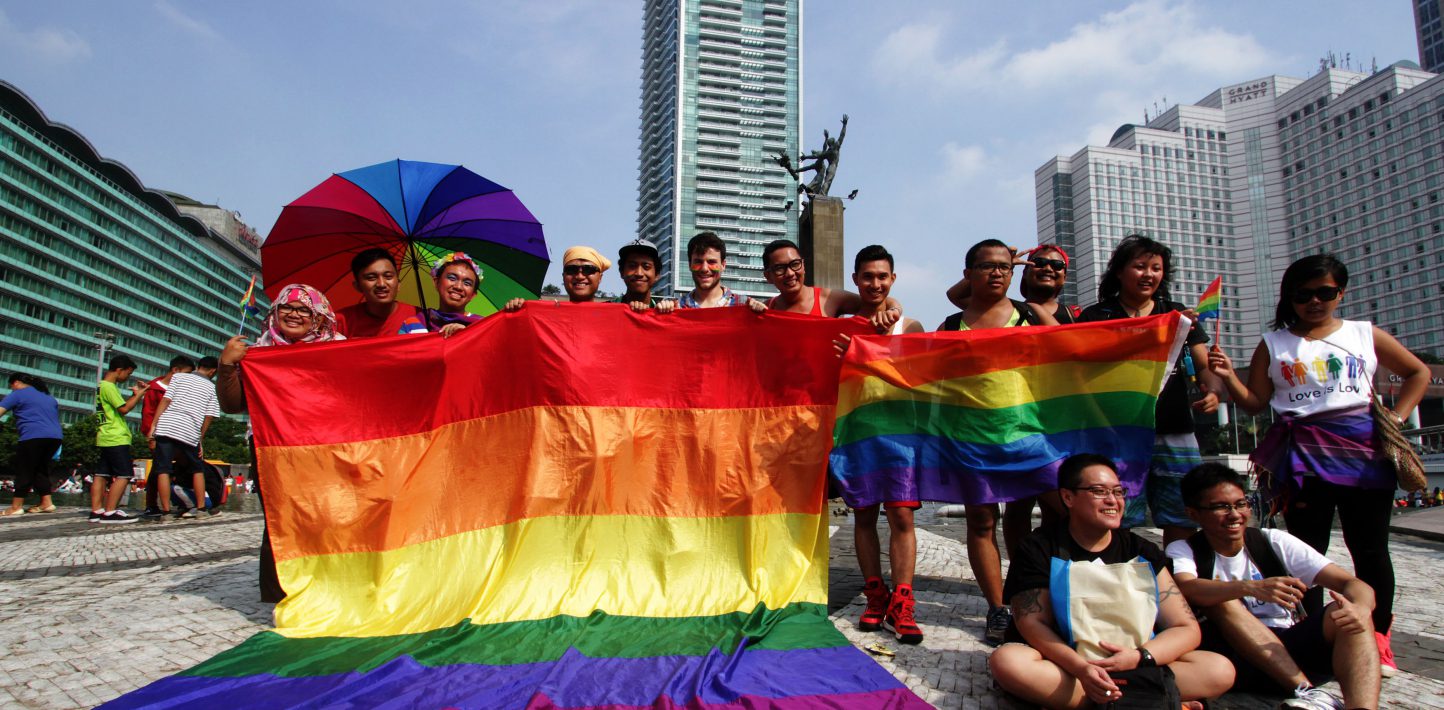Responding to the trial of a soldier in Denpasar, Bali accused of consensual same-sex relations, Amnesty International Indonesia’s Executive Director Usman Hamid said:
“This case is appalling and discriminatory. It sets a dangerous precedent for other soldiers who are or are perceived to be engaging in consensual same-sex activity, and has repercussions for broader society. No-one should be persecuted or discriminated against because of who they are or who they love.
“State institutions should be leading by example, not undermining its own commitments to human rights treaties. It is important for them to acknowledge that a person’s sexual orientation is totally irrelevant to their ability to serve. Going ahead with this prosecution would further institutionalise discrimination and risk inciting violence against LGBTI people inside the military and in wider society. These charges, which are effectively seeing LGBTI people as the enemy, should be dropped immediately.
“The Indonesian authorities must end discrimination and persecution against LGBTI people, and revoke all national and local regulations that criminalise consensual same-sex relations.”
Background
A mid-rank military officer in Denpasar, Bali, was charged with Article 281 of the Indonesian Criminal Code (KUHP) on “offending public decency” and Article 103 paragraph (1) of the Military Criminal Code on “disobeying command” for having same-sex consensual relations with three men.
The officer’s lawyer argued that his client did not violate “public decency” because his client met the partner in a hotel room, which was not a public space.
Criminalisation of consensual same-sex conduct violates rights to privacy and to freedom from discrimination. The International Covenant on Civil and Political Rights (ICCPR) and General Comment No. 16 regulates the right to privacy and guarantees equality before the law without any discrimination.
As a consequence, all state-parties to the ICCPR, including Indonesia, that criminalise consensual same-sex relations are in breach of their obligations under this treaty.
All this time, the Indonesian government has been slow to protect the equal rights of LGBTI people in society at large. High-ranking officials often spread hate speech against LGBTI individuals, calling them a “disease” and “sexually disoriented”. On January, for instance, the Mayor of Depok, West Java Province, asked authorities to sweep rented residencies and labelled his campaign a ‘prevention toward the spread of LGBTI’ in his city.
In 2018, LGBTI people faced arrests and public humiliation by the police and municipal police. In North Aceh, for example, the police arrested 12 transwomen without any charge and closed down five beauty salons where they worked. As part of the raid, the police cut their hair and forced them to wear men’s clothes in an effort to “make them masculine”. This was a clear breach of their human rights, including the right to freedom from torture or cruel, inhuman, or degrading treatment or punishment, protected by Articles 7 of the ICCPR, and the Convention against Torture and Other Cruel, Inhuman or Degrading Treatment or Punishment.

